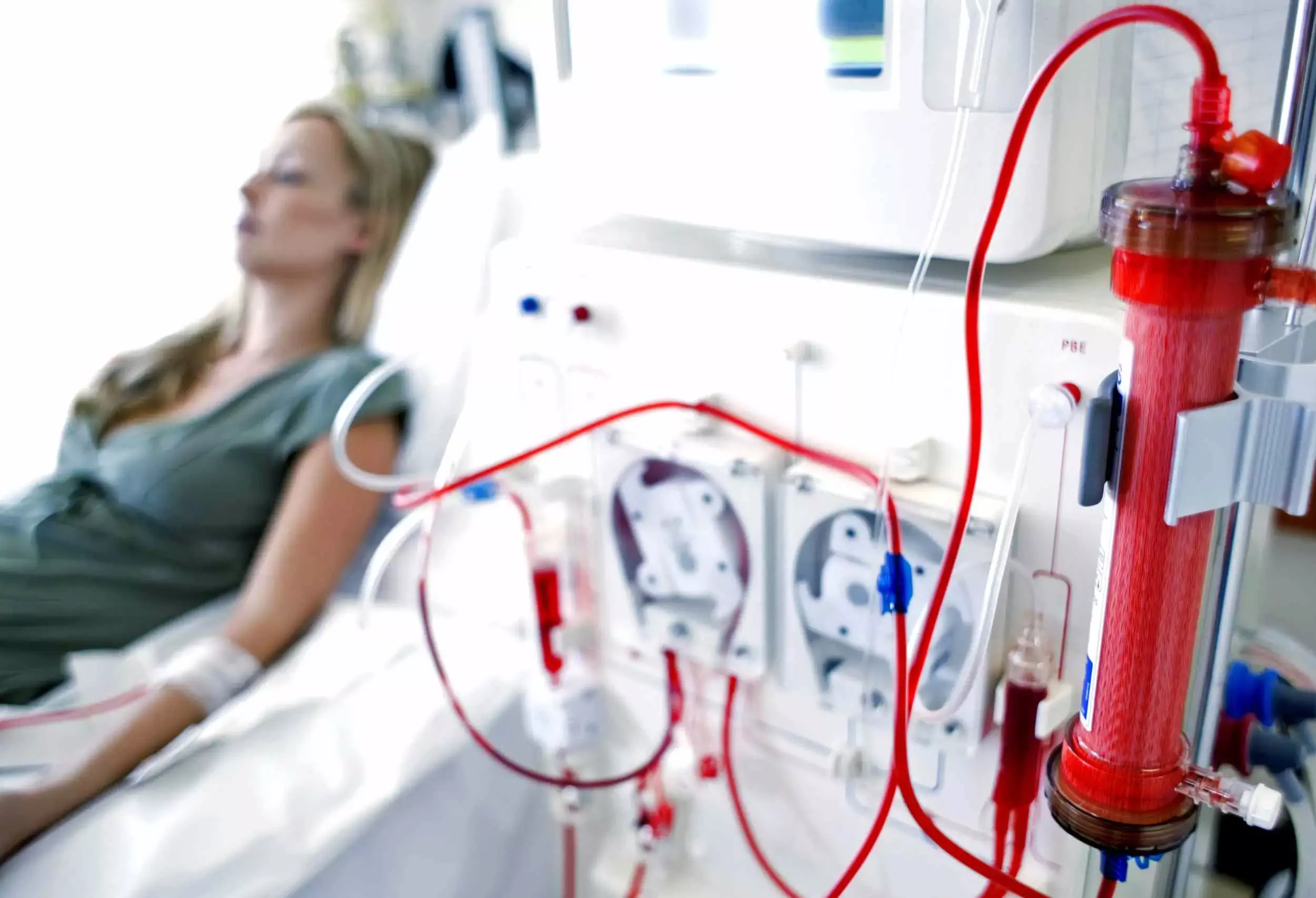- Home
- Medical news & Guidelines
- Anesthesiology
- Cardiology and CTVS
- Critical Care
- Dentistry
- Dermatology
- Diabetes and Endocrinology
- ENT
- Gastroenterology
- Medicine
- Nephrology
- Neurology
- Obstretics-Gynaecology
- Oncology
- Ophthalmology
- Orthopaedics
- Pediatrics-Neonatology
- Psychiatry
- Pulmonology
- Radiology
- Surgery
- Urology
- Laboratory Medicine
- Diet
- Nursing
- Paramedical
- Physiotherapy
- Health news
- Fact Check
- Bone Health Fact Check
- Brain Health Fact Check
- Cancer Related Fact Check
- Child Care Fact Check
- Dental and oral health fact check
- Diabetes and metabolic health fact check
- Diet and Nutrition Fact Check
- Eye and ENT Care Fact Check
- Fitness fact check
- Gut health fact check
- Heart health fact check
- Kidney health fact check
- Medical education fact check
- Men's health fact check
- Respiratory fact check
- Skin and hair care fact check
- Vaccine and Immunization fact check
- Women's health fact check
- AYUSH
- State News
- Andaman and Nicobar Islands
- Andhra Pradesh
- Arunachal Pradesh
- Assam
- Bihar
- Chandigarh
- Chattisgarh
- Dadra and Nagar Haveli
- Daman and Diu
- Delhi
- Goa
- Gujarat
- Haryana
- Himachal Pradesh
- Jammu & Kashmir
- Jharkhand
- Karnataka
- Kerala
- Ladakh
- Lakshadweep
- Madhya Pradesh
- Maharashtra
- Manipur
- Meghalaya
- Mizoram
- Nagaland
- Odisha
- Puducherry
- Punjab
- Rajasthan
- Sikkim
- Tamil Nadu
- Telangana
- Tripura
- Uttar Pradesh
- Uttrakhand
- West Bengal
- Medical Education
- Industry
Sertraline usage reduces pruritus severity in hemodialysis patients

A new study published in BMC Nephrology found that sertraline treatment significantly reduced pruritus in patients compared to those who got a placebo, suggesting that sertraline may be useful in treating uremic pruritus in hemodialysis (HD) patients.
Patients with end-stage renal disease (ESRD) frequently experience the painful condition known as uremic pruritus (UP). Numerous strategies have been tried without clearly improving UP. This study was carried out by Mohamed Mamdouh Elsayed and colleagues to evaluate the impact of sertraline on UP in hemodialysis patients.
This study had 60 patients who were kept on regular HD and was a placebo-controlled, double-blinded, multicentric randomized clinical trial. Sertraline 50 mg twice a day was given to patients for 8 weeks, or a placebo. Prior to and during the period of therapy, pruritus was measured using the Visual Analogue Scale (VAS) and the 5-D Itch Scale.
The key findings of this study were:
1. The VAS score and the 5-D itch scale in the sertraline group both showed a substantial decline from baseline results at study's conclusion (p 0.001).
2. In contrast, the VAS score and 5-D scale in the placebo group both rose from baseline measures (p = 0.584 and 0.469, respectively).
3. Sertraline significantly reduced the proportion of patients with severe and very severe pruritus in both ratings, whereas the placebo group did not see a meaningful reduction [(VAS score: p = 0.739), (5-D itch scale: p = 0.763)].
4. Serum urea and serum ferritin both had significant positive relationships with the VAS and 5-D itch ratings, with p values of 0.001 and 0.002 respectively.
These findings could suggest that sertraline has a place in the management of UP. Larger, randomized clinical studies with longer follow-up times are needed to validate these findings.
Reference:
Elsayed, M. M., Elgohary, I. E., Abdelhamid, H. H. S., & Zaki, S. A. (2023). The effectiveness of sertraline in alleviating uremic pruritus in hemodialysis patients: a randomized clinical trial. In BMC Nephrology (Vol. 24, Issue 1). Springer Science and Business Media LLC. https://doi.org/10.1186/s12882-023-03212-3
Neuroscience Masters graduate
Jacinthlyn Sylvia, a Neuroscience Master's graduate from Chennai has worked extensively in deciphering the neurobiology of cognition and motor control in aging. She also has spread-out exposure to Neurosurgery from her Bachelor’s. She is currently involved in active Neuro-Oncology research. She is an upcoming neuroscientist with a fiery passion for writing. Her news cover at Medical Dialogues feature recent discoveries and updates from the healthcare and biomedical research fields. She can be reached at editorial@medicaldialogues.in
Dr Kamal Kant Kohli-MBBS, DTCD- a chest specialist with more than 30 years of practice and a flair for writing clinical articles, Dr Kamal Kant Kohli joined Medical Dialogues as a Chief Editor of Medical News. Besides writing articles, as an editor, he proofreads and verifies all the medical content published on Medical Dialogues including those coming from journals, studies,medical conferences,guidelines etc. Email: drkohli@medicaldialogues.in. Contact no. 011-43720751


